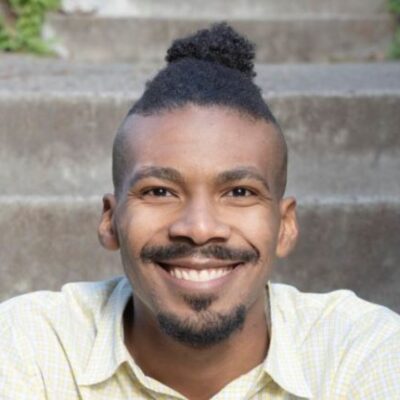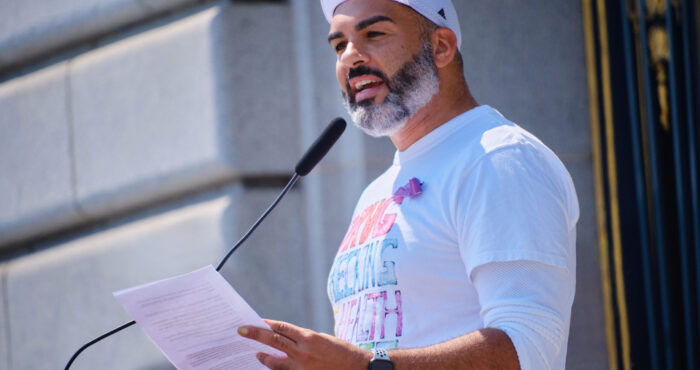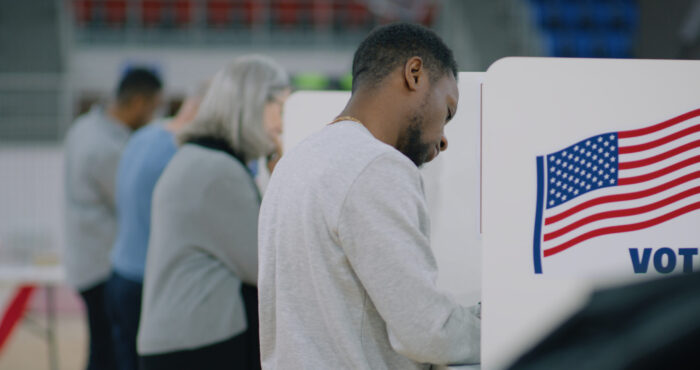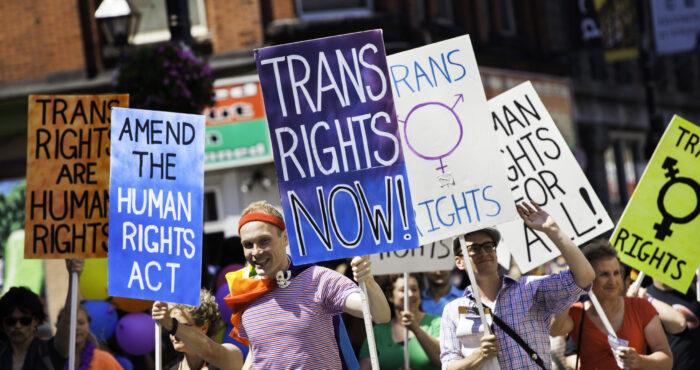The infuriating experience of PrEP discrimination
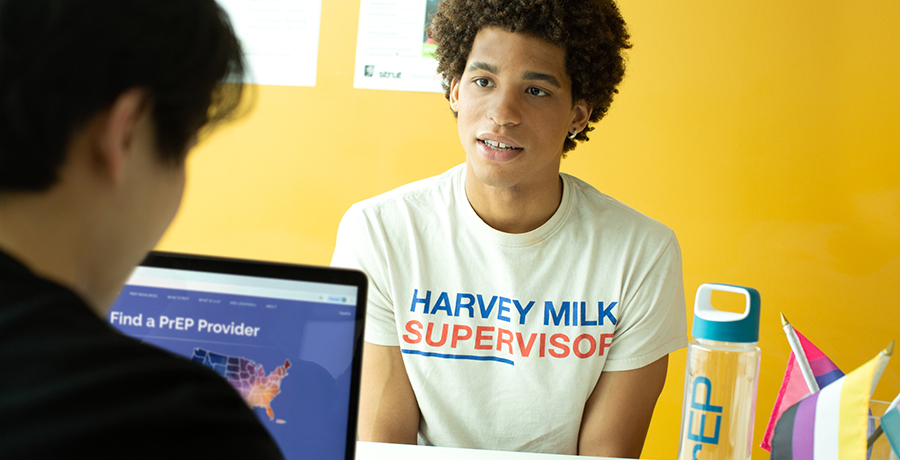
Did you know that you could be discriminated against by insurance companies for taking PrEP?
I didn’t.
Recently, I have been searching for long-term disability insurance options while living in California. Long-term disability insurance could offer some peace of mind if some tragic, unforeseeable event left me unable to work. I chatted with an insurance broker, who scanned providers nationwide, and reported back to me that because I took PrEP daily, most insurers wouldn’t allow me to participate in their program. Drugs prescribed for PrEP such as Truvada, Descovy, and Apretude are on a list of “unaccepted” medications.
I received what she said matter of factly. I only heard the information at that moment. I didn’t really process it. It was only later that evening, that the news settled in and it truly struck me–what the actual fuck?!
An insurance policy that excludes people taking PrEP is rooted in misinformation and stigma, and actually has counterproductive outcomes.
We should be encouraging communities, especially those at high-risk, to take PrEP. PrEP reduces the risk of getting HIV from sex by about 99% when taken as prescribed, therein offering the promise of finally managing and ending the spread of this virus when combined with access to screening services.
While only 3% of the 1.2 million people for whom PrEP is recommended were prescribed it in 2015, that number rose to 25% in 2020, demonstrating the notable gains achieved. But what’s stopping this number from reaching 100%? I believe it’s interactions like those between this insurance broker and myself that contribute to the hardship that people still face for trying to protect their health.
California’s first openly gay Insurance Commissioner, Ricardo Lara, has decidedly taken on insurance companies to protect those seeking access to PrEP services. An investigation by the Department of Insurance examined life, disability income and long-term care insurance companies and discovered evidence that “some insurers had denied or limited coverage, restricted products available through accelerated underwriting, placed conditions on coverage, or charged higher rates to users of pre-exposure prophylaxis, or PrEP, medication.”
Accordingly, The Department of Insurance issued a notice reminding insurers a person’s history of PrEP use cannot be used as a justification to deny life, disability or long-term care insurance coverage or charge higher premiums for that coverage under California’s The Equal Insurance HIV Act, which becomes enforceable starting January 1, 2023.
But insurers don’t have to wait until then to do away with discriminatory practices. That’s why I texted the insurance broker and asked her if she could be an ally for queer people and remind the underwriters she’s in communication with that this should not be allowed and, at least in California, won’t be allowed soon. She didn’t respond, but I hope she’s thoughtfully considering my message.
The impact of this law especially brings me comfort as a Black, gay man, because I’ve seen how HIV and AIDS have disproportionately impacted my community. Tools for combating this virus should not be made any more challenging to access than they already are. Some estimates show that 1 in 2 gay black men may contract HIV in their lifetimes. Anything we can do to provide relief to our already-hurting community is welcomed.
Apart from institutional forces such as the archaic, discriminatory insurance policies that create stigma around PrEP use, there are also social ones. Some folks who take PrEP are called “Truvada whores.” There is a perception that because they’re taking the medication they must be very sexually active, and unfortunately both everyday folks and even the medical community themselves aren’t immune to this perception.
In actuality people who take PrEP are a part of the solution for stopping the spread of HIV. But, they may feel like they’re doing something wrong or that they have to hide thanks to this stigma. No one should feel like they’re being punished because they’re trying to take control of their health.
Terrance Wilder was diagnosed with HIV at the age of 20, and now works with San Francisco AIDS Foundation to help others gain access to PrEP. He’s deeply concerned about making sure access to PrEP is available to people who need it the most.
“If a person doesn’t have a stable place to live or consider themselves homeless, PrEP most likely will not be as much of a priority for them although they may be putting themselves at risk daily,” Wilder said. He’s also seen how transportation can be a barrier as some folks may can’t make it to their appointments or to pick up their medications, and mental health disparities can be barriers for folks in many ways.
Laws are just one tool to affect change in our society. How we treat each other and support each other on the individual level creates an environment that moves our society towards addressing health access and equity as well. One of the most dangerous things we can do for society is to allow being uninformed to create additional harm onto communities needing our help the most.






